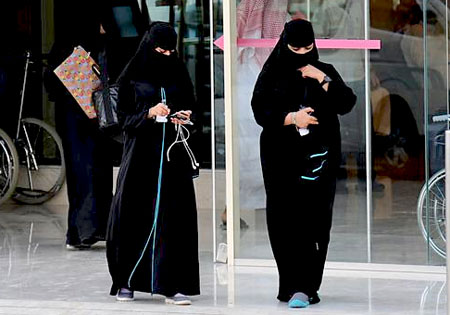 Riyadh, Apr 19: The Middle East Respiratory Syndrome (MERS) coronavirus has claimed the life of a 55-year-old expatriate woman in Riyadh, bringing the death toll to 73 nationwide, a Ministry of Health official reported on Friday.
Riyadh, Apr 19: The Middle East Respiratory Syndrome (MERS) coronavirus has claimed the life of a 55-year-old expatriate woman in Riyadh, bringing the death toll to 73 nationwide, a Ministry of Health official reported on Friday.A total of 218 people have been infected with the virus since September 2012, with 90 of these cases in Riyadh.
Meanwhile, schools here are taking precautions against the virus.
The female principal of one school with mostly Arab-speaking students, said that teachers have been monitoring students. She said children suspected to have the virus are isolated until a doctor arrives. She has instructed all teachers to wear facemasks while they teach.
Karim Reza, principal of the Bangladesh International School-English Section said that teachers would provide further information to children on the virus on Sunday. The school has already held awareness programs.
The chairman of an international school in Riyadh, who wished to remain anonymous, told Arab News that schools are waiting for instructions from the Ministry of Education on what action to take.
Some visitors and security guards at the international conference and exhibition on higher education being held at the Riyadh convention center, were wearing facemasks on Friday.
A team of inspectors from the World Health Organization arrives in the Kingdom on April 28 to check on the status of the outbreak.
A Saudi researcher said on Thursday that camels are passing on the virus to humans.





Comments
Add new comment